We are happy to announce the release of the next pack of optimization features that relieve our hosters from even more manual work and speed up your customers’ websites. The new functionality can already be included into hosting pricing plans and can be upsold per-user. When you participate in the beta program, your customers will be able to activate the WordPress performance features right from the cPanel interface. All new modules are available for beta participants on Solo and PRO licensed servers. In addition, as an early adopter you will get all of this great value for free for the next 12 months. Let’s take a closer look at everything we have prepared for you and the benefits for website owners.






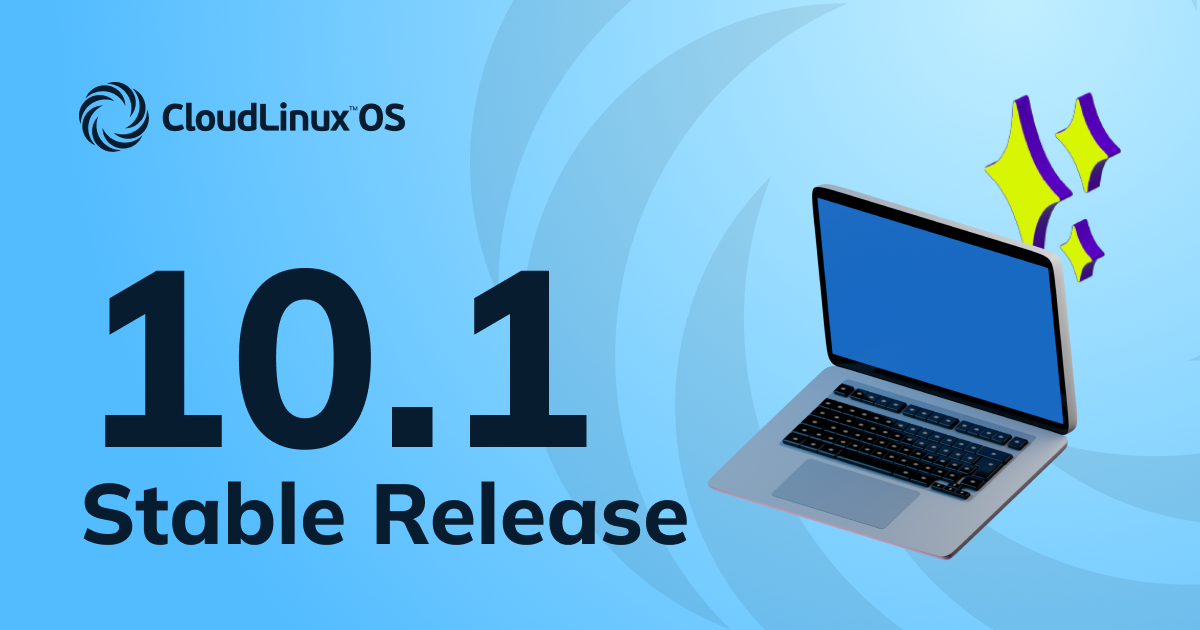

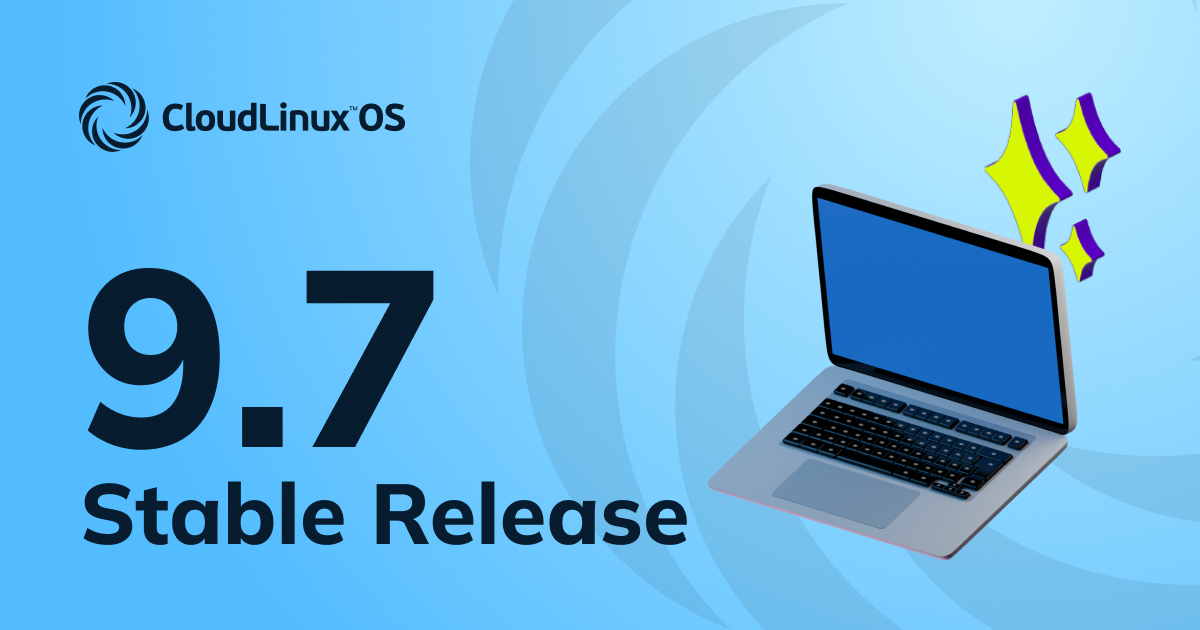
.png?width=1200&height=630&name=CL-blog_seahawk%20(1).png)
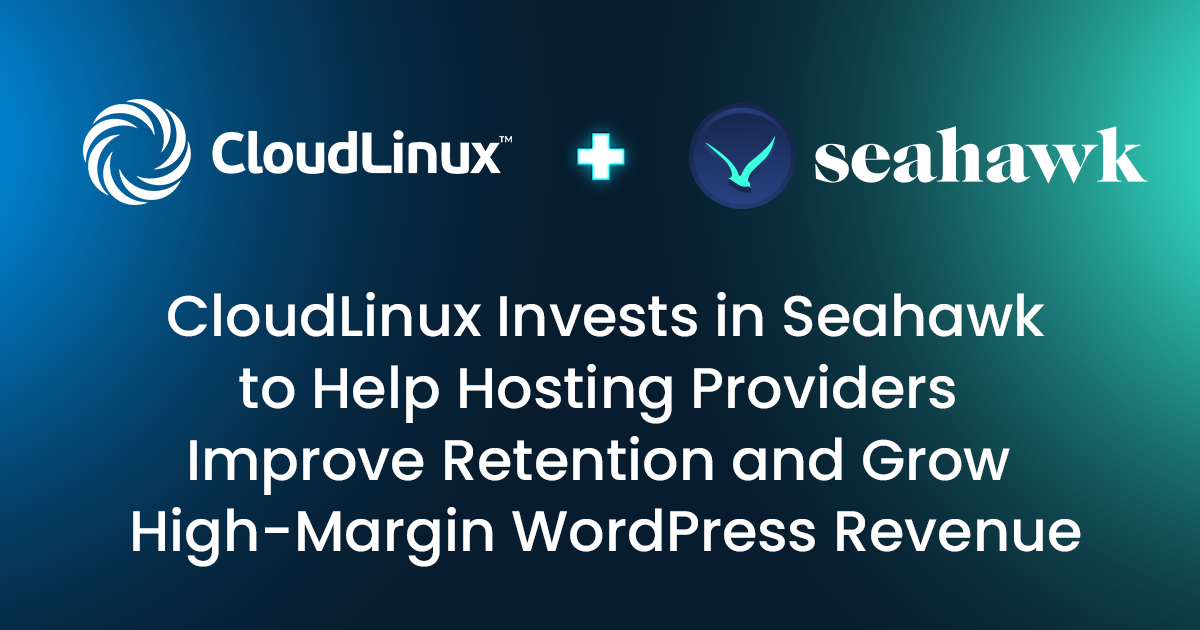

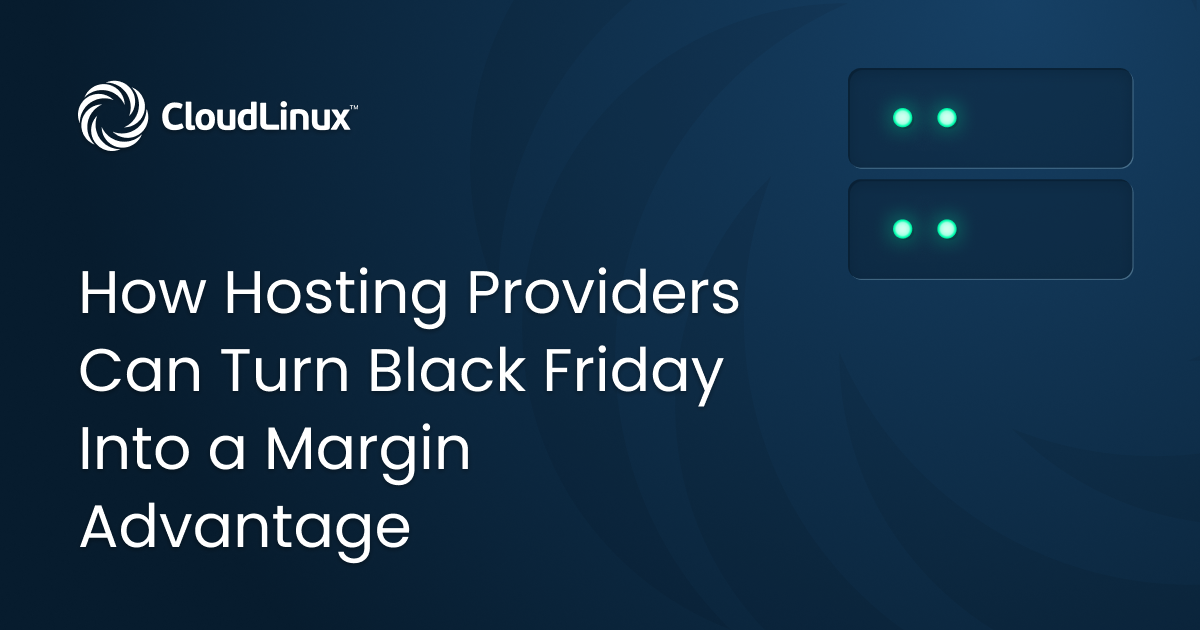

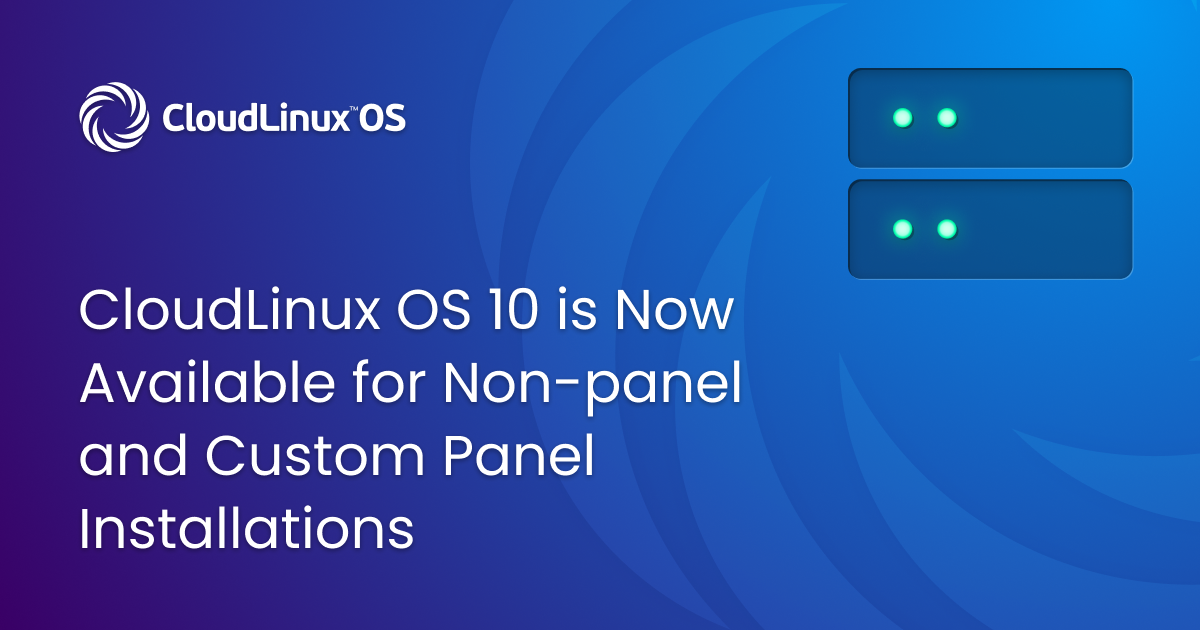



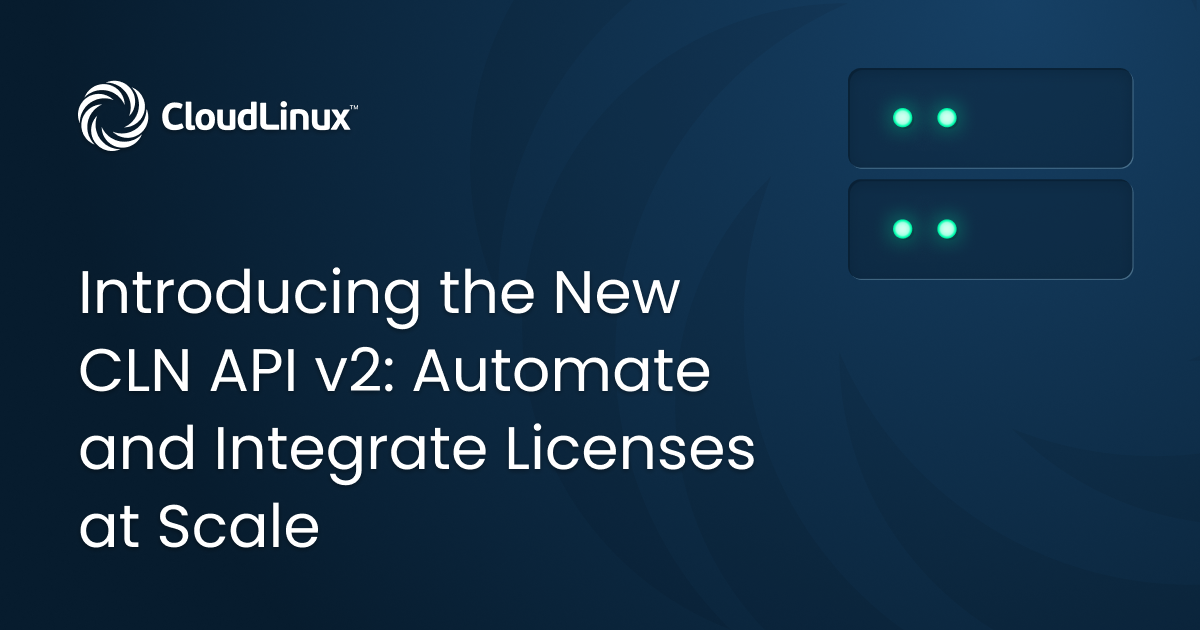
.png?width=936&height=491&name=CLmeetCFUSA2025%20(1).png) Every hosting provider knows the pressure: customers expect blazing speed, rock-solid stability, and bulletproof security, all while you keep costs low and margins healthy. That balancing act only gets harder as platforms age, workloads scale and more and more sites grow.
Every hosting provider knows the pressure: customers expect blazing speed, rock-solid stability, and bulletproof security, all while you keep costs low and margins healthy. That balancing act only gets harder as platforms age, workloads scale and more and more sites grow.

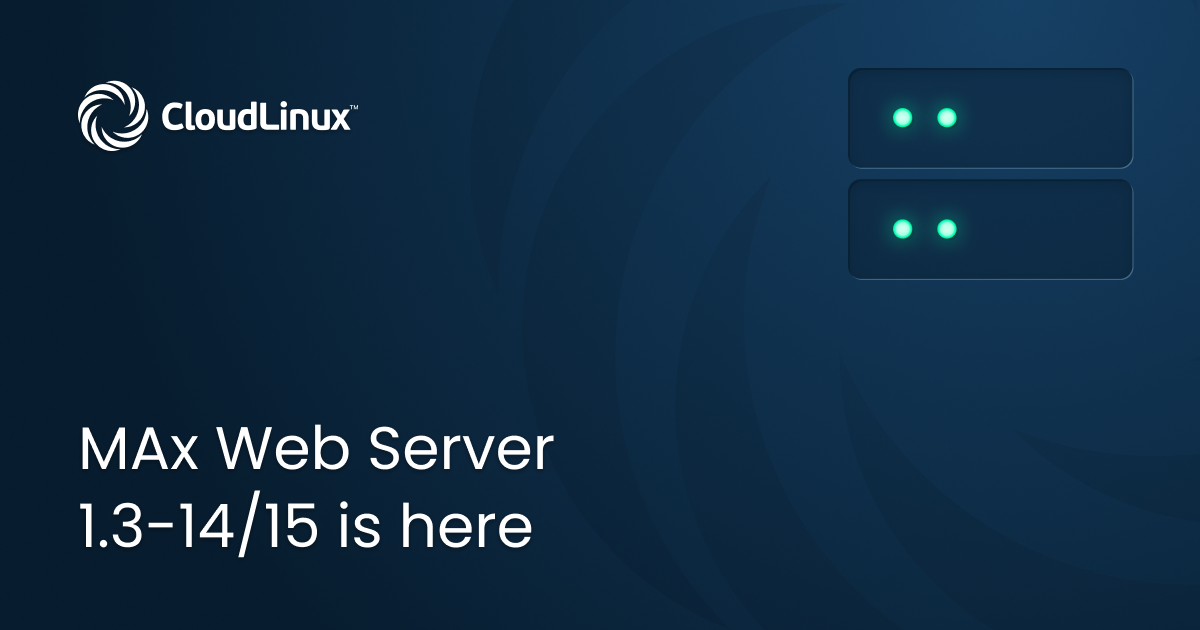

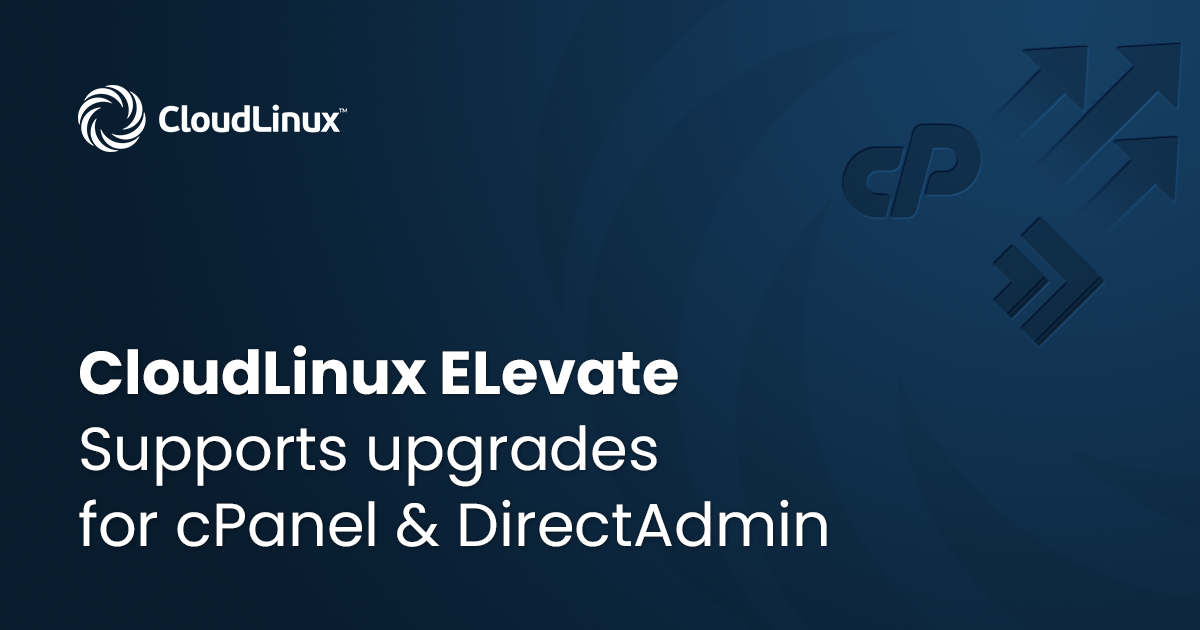
 prev
prev


